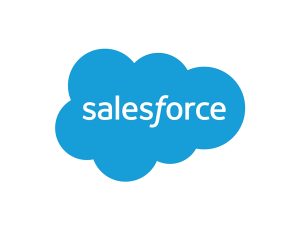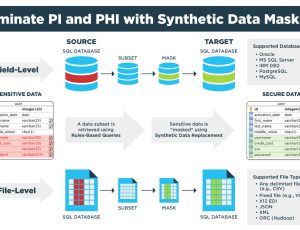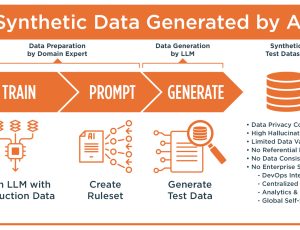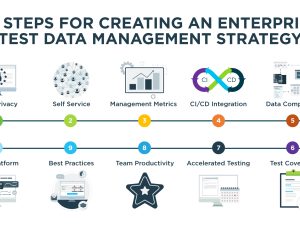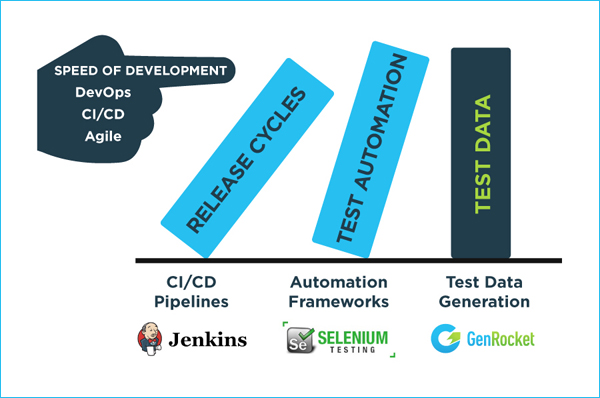
TDG is Next Generation of Test Data Management
The dominos are falling. As software development evolves to fully embrace strategies for increasing the speed of development, a sequence of events has been set in motion.
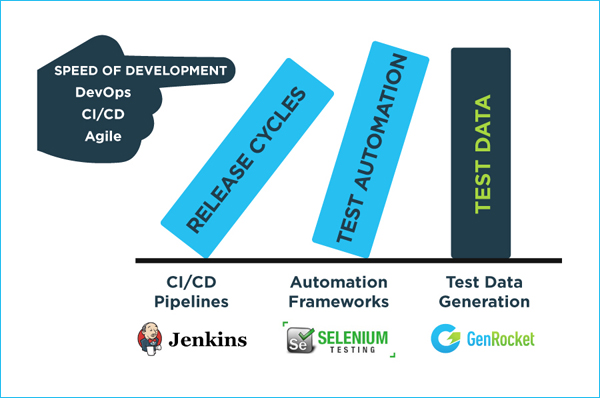
The First Domino – Faster Release Cycles
For most development environments, the adoption of DevOps has become the norm as a methodology for compressing release cycles from months and weeks to just days and hours.
Market data now characterizes DevOps as a widely adopted software development model, with over 50% of organizations having implemented it, and over half of the remaining organizations planning to implement a DevOps approach within 12 months (Forrester).
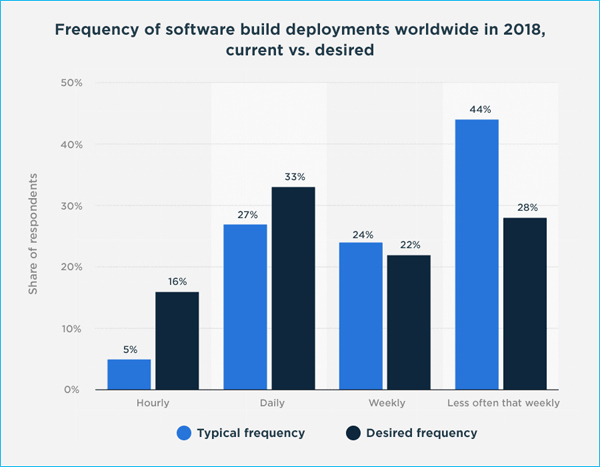
Almost half of all development organizations (49% according to Statista) are shooting for daily or hourly release frequencies, and the use of CI/CD pipelines has become integral to achieving that goal. Thus, the first domino in a series of major market trends – accelerated release cycles based on CI/CD pipelines – clearly has fallen.
The Second Domino – Test Automation
The growing use of CI/CD pipelines has created a huge market demand for test automation tools, the second domino in this progression. Test automation enables exponentially faster testing than manual methods and at a lower cost. It enhances the ability to perform unit, functional, regression, integration and performance testing at higher velocity and frequency while offering greater control over the consistency of testing, the coverage of code and the quality of the final product. Test automation tools are the enabling technologies for providing the continuous integration and testing that is required by CI/CD pipelines.
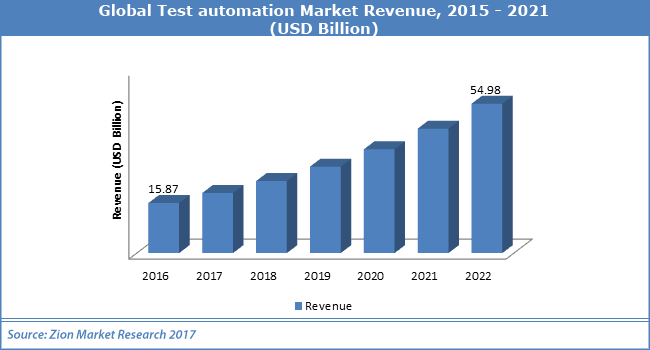
The heightened demand for test automation solutions has led to a plethora of testing tools and a need for test automation frameworks to orchestrate them. Chief among them is Selenium, a suite of open source software testing tools used by leading software-driven companies like Netflix, Google, HubSpot, and Fitbit. According to iDatalabs, Selenium is in production at more than 29 thousand companies, and with a 27% market share, holds a commanding lead over the rest of the pack in the software testing tools arena.
Here’s the big problem with test automation. To achieve continues testing and integration, one needs continuous test data as well. According to the 2018 World Quality Report, 48% of their survey respondents pointed to issues with test data and test environment availability and stability as a major hurdle to the implementation of test automation in their QA operations.
The Third Domino – Test Data Generation
This is where Test data Generation (TDG) comes into play. Imagine the ability to specify any kind of test data needed for any kind of test case. Now imagine you can provision that test data on-demand, for any data format, in any volume, at rate of 10,000 rows of test data per second.
This is the promise of TDG, the third domino poised to fall in the race to achieve continuous integration, testing, delivery and deployment with maximum quality and security. By integrating TDG with test automaton tools and CI/CD pipelines, DevOps and QA professionals can work together to maximize throughput with test data that is secure, accurate, controlled, consistent, complete, and fast.
GenRocket is both the technology leader and thought-leader in this space. It’s TDG platform is tightly integrated with Jenkins CI/CD pipelines and Selenium test automation tools allowing seamless automation of testing and test data generation. Together, these complementary technologies can help organizations to realize the full potential of automation as they implement the DevOps model with integrated platforms that will accelerate the pace of software development.

